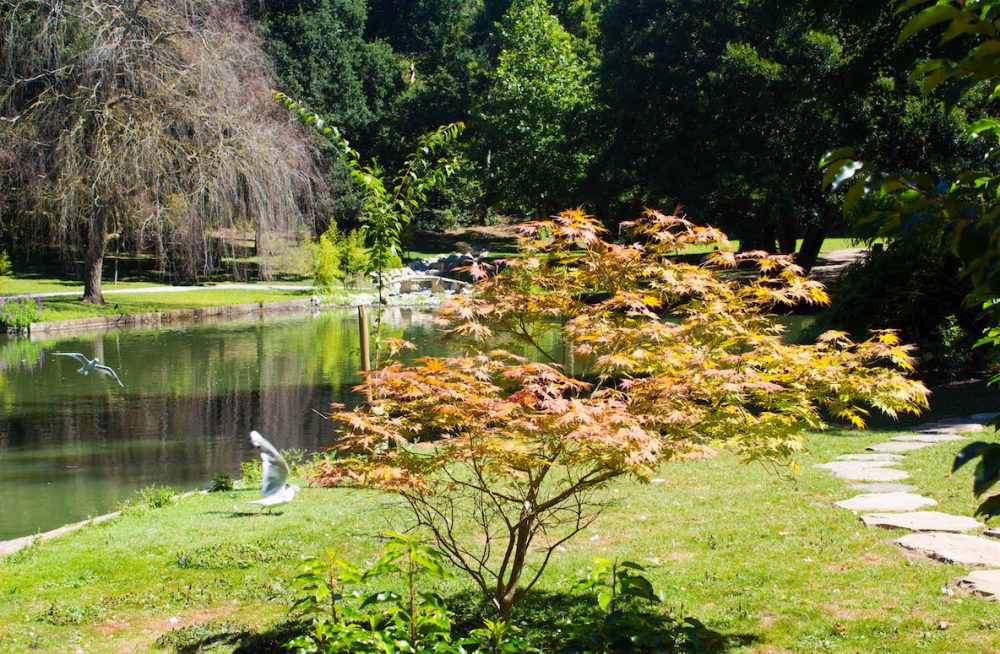Therapeutic writing – on identity
Identity is such a big concept that it can be difficult to get a hold of.
We share a human story, but our individual identities are unique and varied.
What does identity mean to you?
It might be the story of your origins, the background to your life. This would include ancestral links, ethnicity, culture, religion, first language, place of birth, sexuality and so on. Already this may throw up several identity leanings that support or conflict with each other.
But there is also a place for how we lead our lives now. Our identities could be linked to our passions and pursuits, who and what we choose to spend time on.
Then there are the people who have helped to raise, socialise and shape us into the people we are today. They have helped us to develop a sense of self. For some this role was done by parents. But for others it could be someone in the extended family, a teacher, a youth leader or a coach or the first boss.
Perhaps we’re still seeking and haven’t settled on an identity.
Join our writing workshop here
Perhaps there is conflict in how we see ourselves and how the world identifies us
Perhaps we’re hoping some future self – slimmer, fitter, kinder, richer – will be our real identity.
Or maybe we are becoming true to our core identity, but the process is uncomfortable and messy.
Whether we think it or not we often tell ourselves stories of who we are and who we’re not.
Where are you and the concept of your identity?
Join me to spend some time thinking and writing about this in my next workshop. Book here.
If you missed the workshop you can get a copy of this book , An A-Z for your life, discovering and revealing who you are today where you will be guided to reflect on different aspects of your identity. It’s a good place to start. Let me know how you get on.




